Content
Free Mental Health Assessment
Prozac and Weed: What Is The Interaction?

Reviewed by Daniel Z. Lieberman, MD
Written by Lauren Panoff, MPH, RD
Published 08/04/2022
Updated 08/24/2024
Especially with the move towards decriminalizing recreational marijuana use, you might have stopped thinking twice about indulging. But if you’re taking Prozac® (or its generic, fluoxetine), it is important to pause to consider the interactions that occur between Prozac and weed when you mix the two.
As it turns out, the answer to the question, ‘Can you smoke weed on Prozac?,’ is probably not. According to experts, people taking antidepressant medication should avoid cannabis products. Here’s why.
Content
The interaction between Prozac and marijuana involves several complex mechanisms, primarily affecting your central nervous system (CNS).
Prozac falls into a category of antidepressants known as selective serotonin reuptake inhibitors (SSRIs). It is approved by the Food and Drug Administration (FDA) to treat a variety of mental health-related disorders, including major depressive disorder (MDD), obsessive-compulsive disorder (OCD), bulimia nervosa, and panic disorder.
SSRIs — a category that also includes prescription drugs like citalopram, escitalopram, and sertraline — increase available levels of a neurotransmitter called serotonin. They do this by preventing the reuptake of any serotonin that’s leftover and floating around in your brain. This helps to keep mood normal and reduces symptoms of depression and anxiety.
Next, let’s move on to how marijuana works on its own.
The cannabis plant contains chemical compounds called cannabinoids, which interact with your body’s endocannabinoid system. This is the system involved in regulating various physiological processes such as mood, appetite, and pain sensation.
Like other neurotransmitters, cannabinoids have receptors in your brain, which are dedicated areas where these compounds can latch on and cause effects. This includes the psychoactive effects of THC, the psychoactive compound in cannabis responsible for its feelings of altered perception, euphoria, relaxation, and heightened sensory experiences.
Due to these possible effects of cannabis, the drug has been used to help treat chronic pain, anxiety, sleep issues, and inflammation.
How Prozac and Weed Interact
So, can you smoke weed on Prozac? While mixing these two compounds won’t create a catastrophic chemical explosion in your brain, using them together isn’t a good idea.
The interaction between Prozac and marijuana is complex and influenced by various factors.
Both substances affect your central nervous system but in different ways. Prozac increases serotonin levels to improve mood and reduce anxiety. Meanwhile, marijuana, particularly its psychoactive component THC, interacts with the endocannabinoid system, influencing mood, perception, and cognition.
As such, combined use of Prozac and weed can lead to enhanced sedation, unpredictable mood changes, and potential health risks like serotonin syndrome, which we’ll cover more next.
Over time, your brain can behave as if it has been taking well beyond the recommended dosage of an SSRI, even though your intake has stayed the same.
The combined use of Prozac and marijuana can be risky.
There are documented case studies dating back to the ‘90s describing the side effects of using the Prozac and weed together. For example, one report discusses increased heart rate and impaired thinking among adolescent boys, and another reviews a manic episode triggered by the combination.
While some people might not experience significant issues, the potential interactions they can have warrant careful consideration and medical guidance.
Read on for some of the reasons why these two don’t make a great pair.
Additive Effects
Both Prozac and weed have an impact on your central nervous system. When used together, the combination of the two substances can worsen depression and cause increased sedation, drowsiness, and impaired coordination.
This can heighten the risk of accidents, especially when driving or operating machinery.
Unpredictable Mood and Brain Changes
While Prozac is used to stabilize mood by regulating serotonin, marijuana's effects on mood can cause a whole range of emotions, including euphoria, relaxation, anxiety, or even panic attacks.
Weed may reduce how well Prozac works by interfering with how it’s metabolized in the body. In some cases, the interaction may make anxiety disorders or paranoia worse, particularly with high-THC strains of marijuana.
According to the National Library of Medicine, cannabinoids can make mood disorders worse. Further, it states that cannabis may be contraindicated in those with mood disorders and psychotic disorders like schizophrenia.
Mania is another potential side effect of both antidepressant medication and cannabis. Recent studies have shown that, as cannabis use has increased, so have cases of mania. While this doesn’t necessarily show cause-and-effect, it does suggest a correlation.
Risk of Serotonin Syndrome
A serious concern with combining Prozac and marijuana is the potential for serotonin syndrome. This condition occurs when there are excess levels of serotonin in the brain, and it can lead to symptoms like agitation, confusion, rapid heartbeat, high blood pressure, muscle rigidity, and fever.
Though rare, serotonin syndrome can be life-threatening, and it requires immediate medical attention. The risk of this, while low, underscores the importance of medical supervision when using these substances together (and with other prescription medications).
Potential for Altered Drug Metabolism
Another reason not to mix Prozac and weed is that marijuana can affect the metabolism of Prozac. The CBD contained in marijuana inhibits certain liver enzymes (called CYP450 enzymes) that are responsible for metabolizing many drugs, including Prozac.
This can lead to higher levels of Prozac in your bloodstream, increasing the risk of Prozac side effects like nausea, dizziness, insomnia, and more severe reactions.
While the combination of Prozac and marijuana isn’t inherently dangerous for everyone, it carries significant risks that shouldn’t be ignored. Everyone has different risk factors; the best way to explore yours is to speak with a healthcare professional.
That said, there are plenty of reasons to avoid cannabis if you’re dealing with mental health conditions. Cannabinoids can exacerbate depressive disorders and anxiety, and cannabis is a big red flag for people living with schizophrenia.
Further, using Prozac and weed in tandem at regular intervals may cause your body to accumulate SSRIs like Prozac, which could lead to issues down the road.
Still, that’s not necessarily a dealbreaker — particularly if your individual mental health care needs are being effectively met by Prozac and you feel your cannabis use has a positive effect on your mental health. After all, studies suggest that marijuana can help alleviate symptoms of anxiety and depression in some cases.
On the surface, Prozac and marijuana may not seem like risky drugs, given their widespread use and efficacy for various health-related needs. Put them together, however, and studies suggest this can be a recipe for disaster.
Prozac and weed don’t necessarily mix well. Because both substances affect the central nervous system, but in different ways, they can lead to additive effects and changes to your mood and brain. There’s also the risk of developing serotonin syndrome and an altered drug metabolism.
Not everyone will experience adverse effects. Still, we practice a better-safe-than-sorry approach, especially when it comes to mixing compounds in our bodies. It’s important to be aware of the potential risks of using Prozac and marijuana together before doing so.
Involving your healthcare provider is key. It’s always best to talk to your healthcare provider for medical advice and be upfront about any substance use — especially given that drug interactions can be serious. If you’re worried about the risks of mixing Prozac and weed, consider discussing the possibility of psychotherapy rather than medication.
To connect with one of our online healthcare providers, start by taking our free online assessment.
13 Sources
- Antoniou T, et al. (2020). Drug interactions with cannabinoids. Retrieved from https://www.ncbi.nlm.nih.gov/pmc/articles/PMC7055953/
- Azizoddin DR, et al. (2023). Cannabis use among adults undergoing cancer treatment. Retrieved from https://pubmed.ncbi.nlm.nih.gov/37354093/
- Chu A, et al. (2023 May 1). Selective Serotonin Reuptake Inhibitors. Retrieved from: https://www.ncbi.nlm.nih.gov/books/NBK554406/
- FDA. (2017).Highlights of prescribing information: Prozac ®. Retrieved from https://www.accessdata.fda.gov/drugsatfda_docs/label/2017/018936s108lbl.pdf
- Kaggwa MM, et al. (2021). Cannabis-Induced Mania Following COVID-19 Self-Medication: A Wake-Up Call to Improve Community Awareness. Retrieved from https://www.ncbi.nlm.nih.gov/pmc/articles/PMC7920595/
- Langlois C, et al. (2021). Down and High: Reflections Regarding Depression and Cannabis. Retrieved from https://www.ncbi.nlm.nih.gov/pmc/articles/PMC8160288/
- Pew Research Center. (29 February 2024). Most Americans now live in a legal marijuana state – and most have at least one dispensary in their county. Retrieved from https://www.pewresearch.org/short-reads/2024/02/29/most-americans-now-live-in-a-legal-marijuana-state-and-most-have-at-least-one-dispensary-in-their-county/
- Sheikh NK, et al. (2023 Feb 27). Cannabinoids. Retrieved from: https://www.ncbi.nlm.nih.gov/books/NBK556062/
- Stoll AL, et al. (1991). A case of mania as a result of fluoxetine-marijuana interaction. Retrieved from https://pubmed.ncbi.nlm.nih.gov/1647392/
- Vaughn SE, et al. (2021). The Impact of Marijuana on Antidepressant Treatment in Adolescents: Clinical and Pharmacologic Considerations. Retrieved from https://pubmed.ncbi.nlm.nih.gov/34209709/
- Vickery AW, et al. (2020). Cannabis: are there any benefits? Retrieved from https://pubmed.ncbi.nlm.nih.gov/33215831/#
- Wilens TE, et al. (1997). Case study: adverse effects of smoking marijuana while receiving tricyclic antidepressants. Retrieved from https://pubmed.ncbi.nlm.nih.gov/9000780/
- Zou S, et al (2018). Cannabinoid Receptors and the Endocannabinoid System: Signaling and Function in the Central Nervous System. Retrieved from https://www.ncbi.nlm.nih.gov/pmc/articles/PMC5877694/
Editorial Standards
Hims & Hers has strict sourcing guidelines to ensure our content is accurate and current. We rely on peer-reviewed studies, academic research institutions, and medical associations. We strive to use primary sources and refrain from using tertiary references. See a mistake? Let us know at [email protected]!
This article is for informational purposes only and does not constitute medical advice. The information contained herein is not a substitute for and should never be relied upon for professional medical advice. Always talk to your doctor about the risks and benefits of any treatment. Learn more about our editorial standards here.
Daniel Z. Lieberman, MD
Education
Doctor of Medicine - New York University Grossman School of Medicine, 1992
Bachelor of Arts - St. John’s College, 1985
Training
Internship & Residency - New York University Grossman School of Medicine, 1996
Medical Licenses
District of Columbia, 1996
Maryland, 2022
Virginia, 2022
Board Certifications
American Board of Psychiatry and Neurology, Psychiatry, 1997
American Board of Psychiatry and Neurology, Addiction Psychiatry, 1998
Other Certificates & Certifications
Stanford Online, AI in Healthcare Specialization Certificate, 2025
Stanford Online, Machine Learning Specialization Certificate, 2024
Affiliations & Memberships
Specialties & Areas of Focus
Mental Health
Years of Experience
33
Previous Work Experience
Professor and Vice Chair - Department of Psychiatry and Behavioral Sciences, George Washington University, 1996–2022
Publications & Research
Title: A neurotransmitter approach to the trolley problem
Published in: OBM Neurobiology
Date: 2019
URL: https://www.lidsen.com/journals/neurobiology/neurobiology-03-02-030
Title: An automated internet application to help patients with bipolar disorder track social rhythm stabilization
Published in: Psychiatric Services
Date: 2011
URL: https://psychiatryonline.org/doi/10.1176/ps.62.11.pss6211_1267
Title: Enhancing adherence to mood charting with an online version of the NIMH Life Chart
Published in: Annals of General Psychiatry
Date: 2010
URL: https://annals-general-psychiatry.biomedcentral.com/articles/10.1186/1744-859X-9-S1-S11
Title: The role of gender in single versus married patients with bipolar disorder
Published in: Comprehensive Psychiatry
Date: 2010
URL: https://www.sciencedirect.com/science/article/abs/pii/S0010440X0900128X
Title: Evaluation of the stability and validity of participant samples recruited over the Internet
Published in: CyberPsychology and Behavior
Date: 2008
Title: Pathways to change: The effect of a Web application on treatment interest
Published in: The American Journal on Addictions
Date: 2008
URL: https://onlinelibrary.wiley.com/doi/10.1080/10550490802138525
Media Mentions & Features
Washington Post, Why do passengers freak out on airplanes? Science might have the answer.
Associated Press, MillerCoors Tapping Into Millenials
The Washington Post, Holiday drinking can be hard on your health, but you can take precautions
Le Figaro (France), Daniel Z. Lieberman: «La dopamine nous pousse à acheter en nous promettant le bonheur» (Daniel Z. Lieberman: “Dopamine drives us to buy by promising us happiness”)
Men’s Health (Spain), Cómo la dopamina influye en nuestro cerebro y determina nuestra vida (How dopamine influences our brain and determines our lives).
CNBC, The psychological reason it’s so hard to work today after the riot — and how to cope
Business Insider, The reason why we self-sabotage is because our brains are wired to resist the things we want most in life
U.S. News & World Report, How Your Secrets Can Damage and Maybe Even Kill You
Why I Practice Medicine
I practice medicine because I believe that mental health is the foundation of a meaningful life. When people suffer psychologically, it touches every part of their existence—from relationships to work to the simple ability to feel joy. Because it can be so difficult for people who are suffering to find good mental health care, my mission has been to expand access through technology, so that no one is left behind.
Hobbies & Interests
I like to write in my spare time. I’ve written two nonfiction titles, Spellbound: Modern Science, Ancient Magic, and the Hidden Potential of the Unconscious Mind and the international bestseller, The Molecule of More: How a Single Chemical in Your Brain Drives Love, Sex, and Creativity--and Will Determine the Fate of the Human Race
Professional Website or Profile
danielzlieberman.com
Related Articles
Related Conditions
 Anxiety
Anxiety
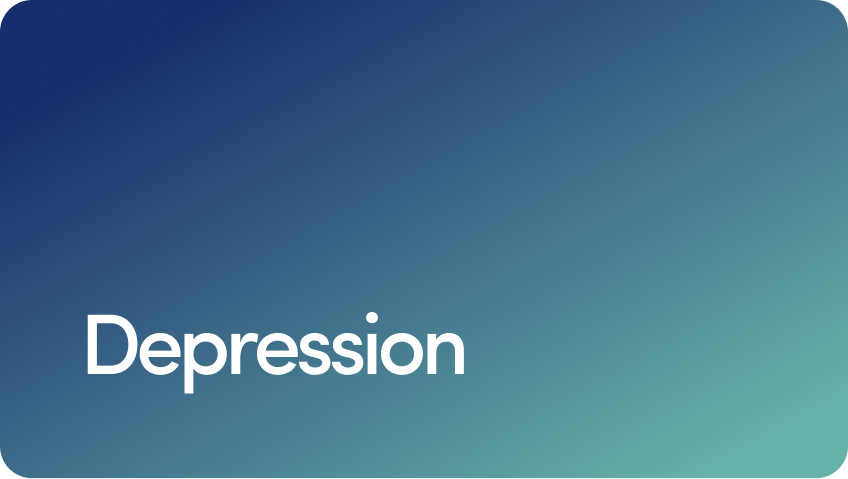 Depression
Depression
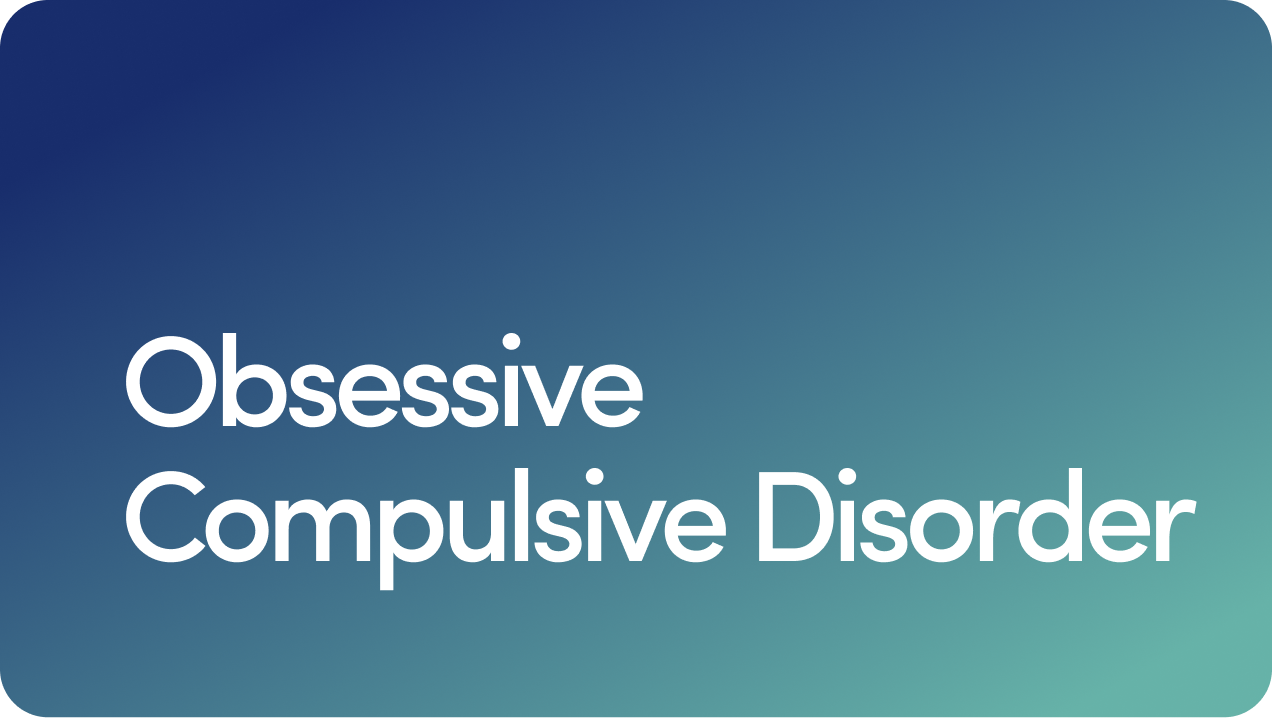 OCD
OCD
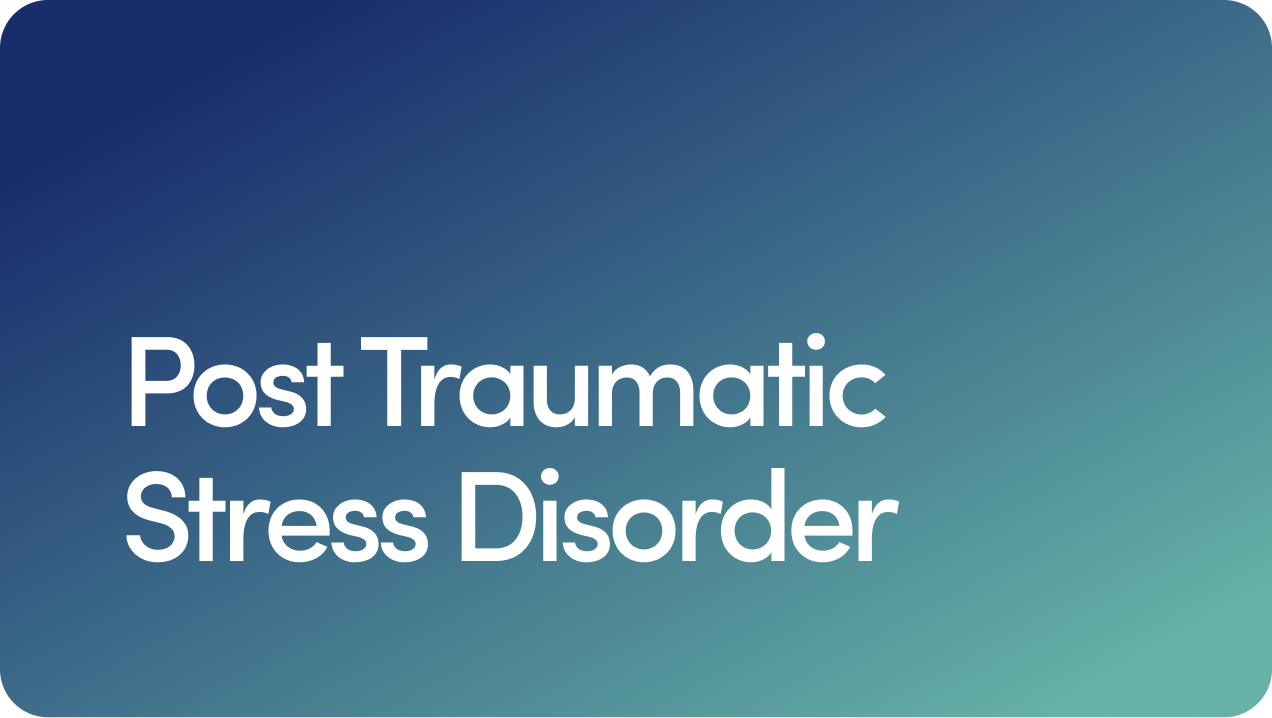 PTSD
PTSD
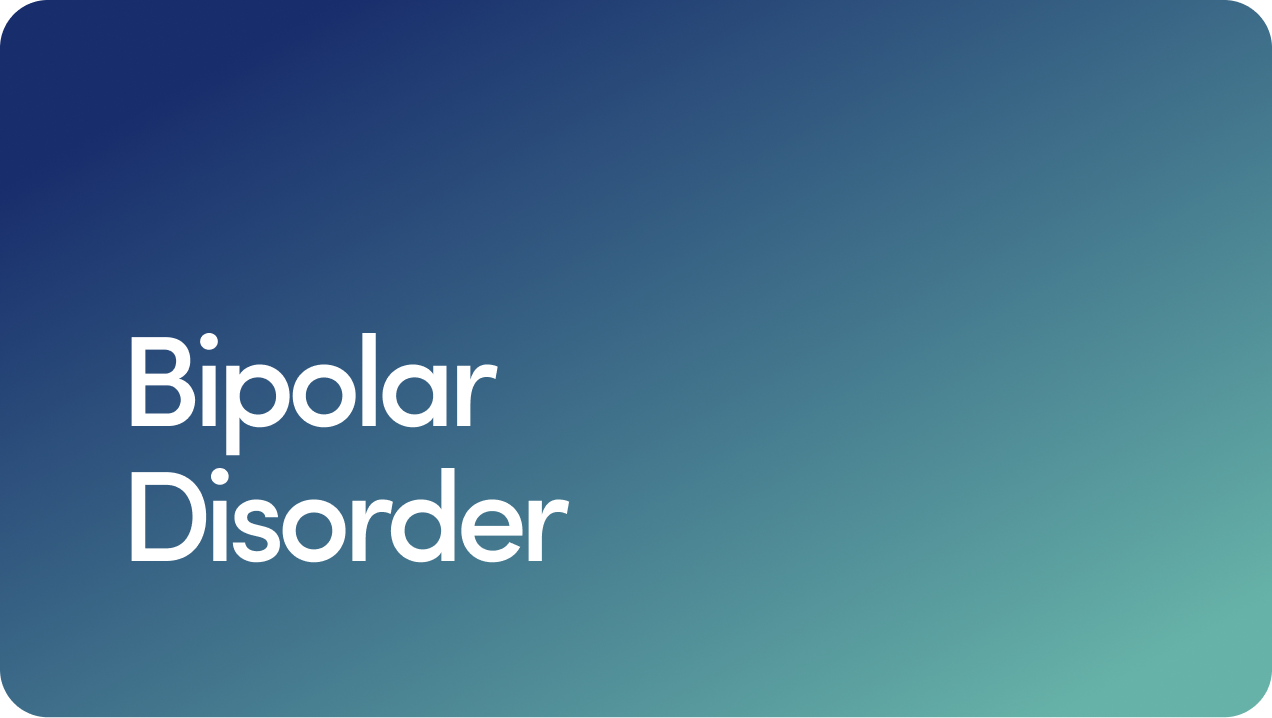 Bipolar Disorder
Bipolar Disorder
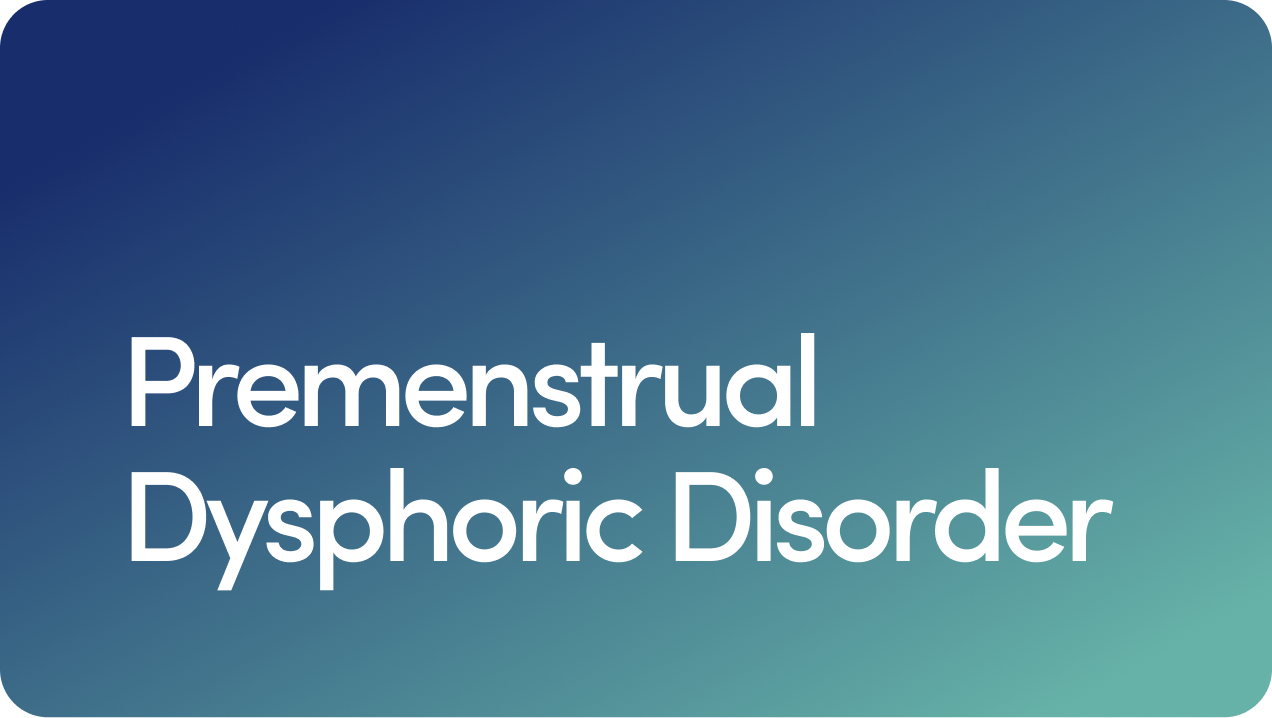 Premenstrual Dysphoric Disorder
Premenstrual Dysphoric Disorder